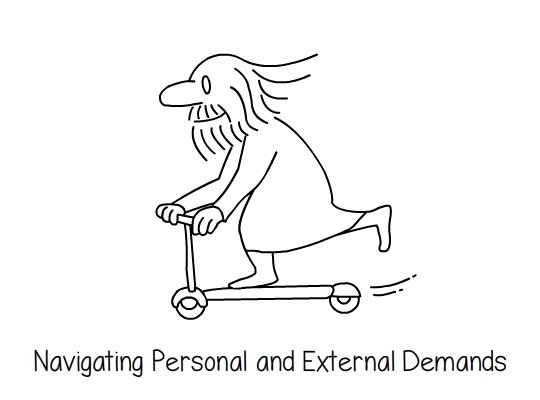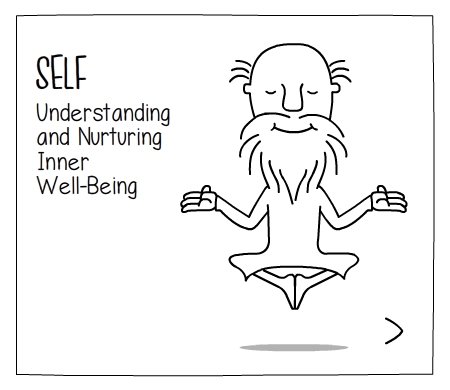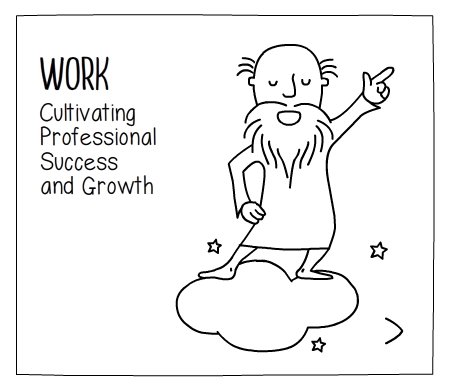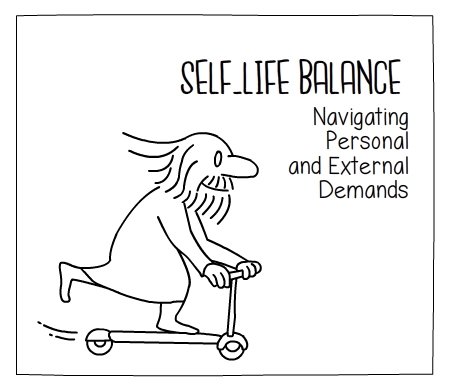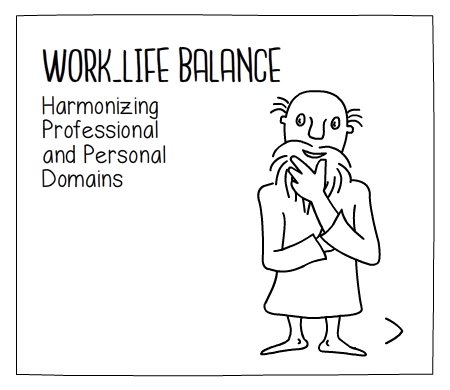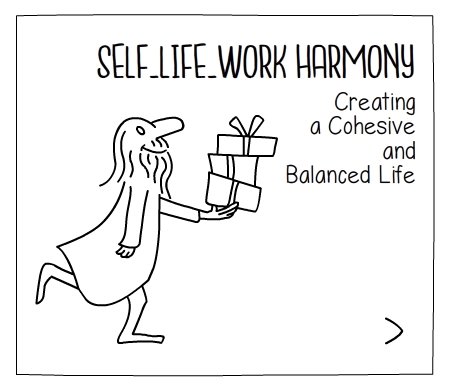Balancing personal needs and life's external demands is essential for well-being. By focusing on personal harmony, emotional resilience, and wholeness integration, individuals can create a balanced approach that supports both their inner well-being and external responsibilities. This approach leads to a more fulfilling and sustainable life.
Personal Harmony:
"Balance Responsibilities, Embrace Self-Care."
Balancing Responsibilities: Personal harmony involves balancing daily responsibilities with the need for self-care. By organizing tasks and managing time effectively, individuals can fulfill obligations while still dedicating time to self-care. This equilibrium prevents burnout and ensures that both personal and external needs are met.
Embracing Self-Care: Self-care is essential for maintaining personal harmony. By incorporating self-care into daily routines—whether through relaxation, hobbies, or rest—individuals replenish their energy and maintain a positive outlook. This commitment to self-care supports well-being and enables individuals to manage life’s demands more effectively.
Reflective Question: How can you better balance your responsibilities while ensuring you prioritize self-care?
Supportive Actions for Implementation:
- Note to Individuals: Schedule regular self-care activities and treat them as non-negotiable appointments.
- Note to Family Members: Encourage each other to take time for self-care and respect those boundaries.
- Note to Organization Leaders: Promote a culture that values work-life balance and supports self-care practices.
- Note to Community Leaders: Advocate for community services that support self-care and personal well-being.
Emotional Resilience:
"Strengthen Resolve, Manage Demands."
Building Inner Strength: Emotional resilience involves developing the inner strength to navigate challenges. By cultivating a positive mindset and practicing stress management, individuals enhance their ability to cope with adversity. This inner strength allows them to face challenges with confidence and maintain emotional stability.
Managing Life’s Demands: Life’s demands can be overwhelming, but emotional resilience helps individuals manage pressures effectively. By staying adaptable and maintaining a balanced perspective, they can prevent stress from taking over. This balance ensures that individuals remain resilient and capable of thriving in any situation.
Reflective Question: What strategies can you adopt to strengthen your emotional resilience in the face of life’s challenges?
Supportive Actions for Implementation:
- Note to Individuals: Practice mindfulness and stress-relief techniques daily to build emotional resilience.
- Note to Family Members: Offer emotional support to one another and recognize when someone needs encouragement.
- Note to Organization Leaders: Provide resources and training that support emotional resilience among employees.
- Note to Community Leaders: Promote mental health awareness and support networks within the community.
Wholeness Integration:
"Combine Self-Care, Synchronize Life."
Combining Self-Care: Wholeness integration involves incorporating self-care into every aspect of life. By prioritizing self-care alongside work, relationships, and responsibilities, individuals create a holistic approach to well-being. This synthesis ensures that self-care is a foundational part of daily living.
Synchronizing Life’s Wholeness: Achieving wholeness means aligning all aspects of life so they support each other. By ensuring that self-care, work, and personal life are in harmony, individuals create a balanced existence. This synchronization allows each part of life to contribute to overall well-being, leading to a fulfilling and authentic life.
Reflective Question: What steps can you take to better synchronize your self-care with your broader life responsibilities?
Supportive Actions for Implementation:
- Note to Individuals: Create a daily routine that integrates self-care into all aspects of your life.
- Note to Family Members: Support each other in finding a balance between self-care and other responsibilities.
- Note to Organization Leaders: Encourage a holistic approach to well-being that includes self-care as a priority.
- Note to Community Leaders: Promote initiatives that help community members integrate self-care into their lives.

